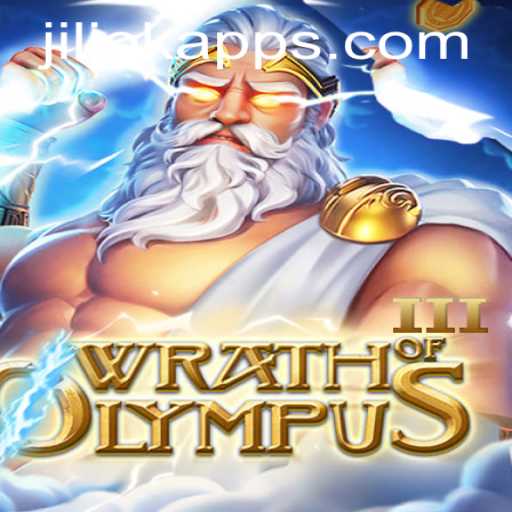An in-depth exploration of the game Wrath of Olympus III covering its description, introduction, and rules.
Discover the World of Wrath of Olympus III
As the gaming world continues to evolve rapidly, players constantly search for the next thrilling experience. Among these is Wrath of Olympus III, a game that has captivated audiences with its rich storytelling, dynamic gameplay, and immersive environment. In the midst of global events affecting technology and gaming culture, this game stands as a testament to creativity and innovation.
Introducing Wrath of Olympus III
The release of Wrath of Olympus III was highly anticipated, drawing on the lore and mythology that have become popular in modern storytelling. Built upon a rich tapestry of Greek mythology, players find themselves amidst gods and titans, torn between the eternal conflict of power and honor. The game's developers have carefully crafted an experience that not only engages players through intricate plotlines but also captivates them with its stunning graphics and interactive features. One of the key elements that set this game apart is its ability to blend history and mythology with modern-day themes, reflecting the ongoing discourse surrounding power dynamics in society.
The Rise of Jiliok in Gaming
A term gaining traction among the gaming community, jiliok, represents the strategic mindset players need to master in Wrath of Olympus III. Unlike common gaming strategies, jiliok focuses on adaptability and foresight, traits that the current pandemic era has emphasized in real-world scenarios. With global events necessitating adaptability, players have found jiliok to be an essential strategy for navigating the challenges posed by the game’s complex environment.
Gameplay Mechanics and Rules
Understanding the rules of Wrath of Olympus III is crucial for any new player. The game invites you to assume the role of a demigod, choosing from a diverse selection of characters, each with unique abilities and storylines. The primary goal is to navigate the treacherous realm of the gods while completing quests that test both mental acuity and combat skills. In the wake of the digitalization shift brought about by global lockdowns, the game’s transition to virtual and augmented reality has allowed users to fully immerse themselves in this universe.
Key rules to master:
- Quest Completion: Embark on various quests that require strategic thinking and coordination with other players. Completing quests not only advances the story but also unlocks new abilities and artifacts.
- Resource Management: Managing resources such as Olympian gold and artifacts is vital. Players must trade, acquire, or defend resources, reflecting the global economic themes apparent in today’s world.
- Alliance Systems: Forming alliances with other players is a core component, mirroring historical alliances seen in the real-world geopolitical landscape. These in-game relationships can significantly affect the outcome of major battles.
- Character Development: As players progress, they must focus on developing both their own and their character’s skills, echoing the real-world emphasis on continuous learning and adaptation in the face of uncertainty.
The Impact of Technology and Current Events
As technology advances, so too do the capabilities of games like Wrath of Olympus III. The integration of AI has made in-game NPCs more intelligent, creating a more challenging and unpredictable gaming experience. In response to global changes such as increased digital interaction and reduced physical interaction, developers have focused on enhancing the social and collaborative aspects of the game, allowing players worldwide to connect in meaningful ways. The embodiment of the gods’ wrath and their tumultuous relationships often reflect the current state of international relations, offering players a form of escapism while subtly echoing real-world issues.




